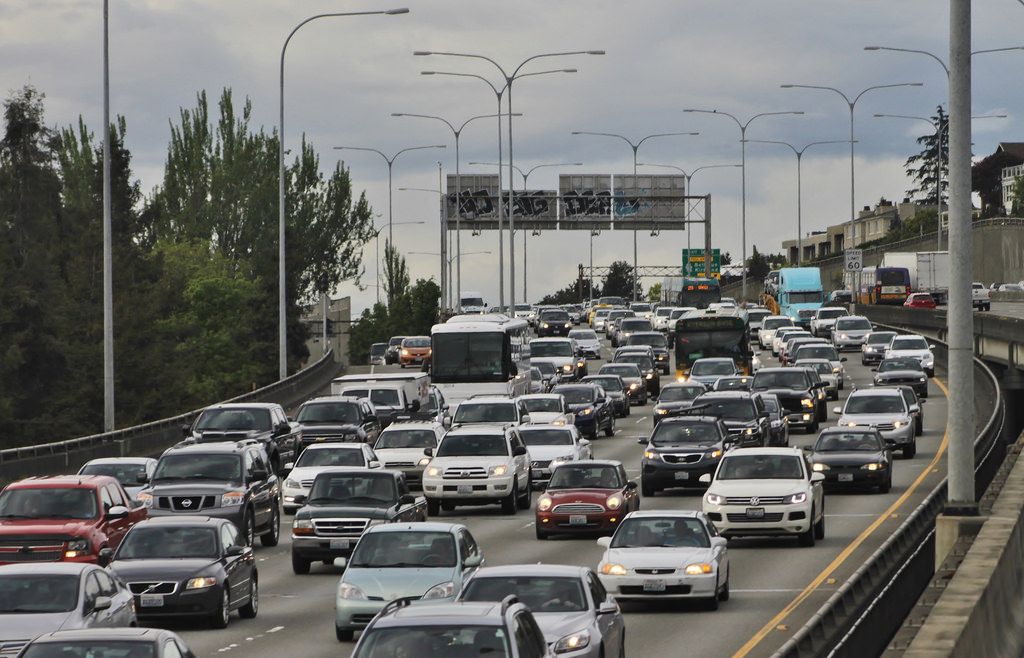Views expressed in opinion columns are the author’s own.
I’m stuck at home during this crisis. Early on, as a solution to avoid constantly loading the dishwasher, my family had been using red plastic Solo cups at almost every meal. We’d scribble our names across the cups and reuse them. It was just easier. But as the mountain of red plastic in my family’s recycling bin grew, I began to feel guilty and wasteful.
After imploring my family to put in a little extra effort to just wash a glass, we stopped using the plastic cups. Success! But how much did our individual actions really accomplish? What about the company that manufactures the cups itself, which continues to mass produce a good that actively harms the environment?
Without a doubt, the economic halt brought by the coronavirus crisis is incredibly painful. But the cease of economic activity does have a double-edged silver lining: It provides a chance to change the fabric of fossil fuel-dependent industries into more environmentally feasible businesses and morph personal practices into sustainable habits.
There’s never been a window to change how corporations impact the climate like there is today. Fossil fuel-dependent industries such as airlines, meat production and energy are experiencing extreme economic hardship as people hunker down in their homes. With fewer planes in the sky, fueled planes sit on tarmacs. Meat supply chains are unraveling. The price of oil even went negative.
The instability created by this crisis has exposed how unsustainable current business practices are, both economically and environmentally. The supply chains that prop up the food industry have fallen apart, with fresh fruits and vegetables rotting in the ground and thousands of animals in limbo as meat processing plants struggle to reopen. It doesn’t need to be like this.
Now that we’ve witnessed the instability of current economic standards, what do we do about it? With social distancing rules in place, protesting seems out of the question. But spreading information about sustainability and patronizing smaller businesses that employ environmentally friendly practices seem like the next best thing. There’s now an opportunity to shift what businesses look like after the pandemic. If our money, attention and advocacy go elsewhere, so will environmentally harmful businesses.
It may not feel like it, but combating climate change is as dependent on individual habits as it is on corporate responsibility. It’s crucial to collectively change individual actions. It’s never easy to change personal habits — yet this crisis has already forced shifts in behavior on a scale that wouldn’t have been possible before.
Just as this crisis has highlighted the weaknesses of current industrial behaviors, it has also shown that changes in collective behavior have positive climate impacts. With fewer people driving, for example, cities such as Los Angeles and Washington, D.C., are experiencing their cleanest air quality levels in decades.
Even though I felt guilty about my family’s plastic use, changing my family’s habits as a unit was more impactful than changing mine alone. The same goes for adjusting corporate climate responsibility. By working together, we can transform the economic uncertainty caused by COVID-19 into environmental success in a post-coronavirus world.
Maya Rosenberg is a sophomore journalism and public policy major. She can be reached at maya.b.rosenberg@gmail.com.



